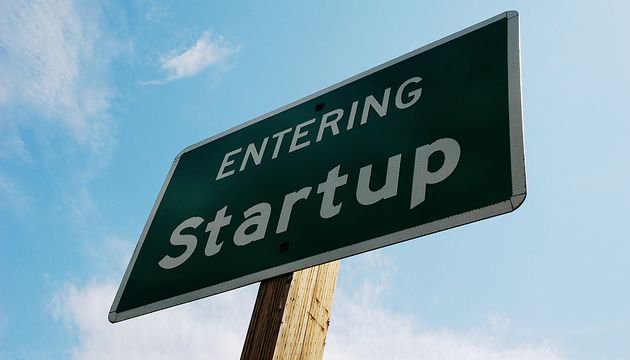
We humans are a hopeful bunch, and when it comes to money, maybe we can sometimes be a little too hopeful. For instance, we may make the mistake of setting arbitrary financial goals without any clear plan to get there. Similarly, newly self-employed individuals (or soon to be entrepreneurs), can go in to our new business full of hope and energy, but often, without a clear picture of the reality of the situation.
Sound a little too gloomy for your taste? Many new businesses fail, but it’s not for the reasons you might believe. The business model might be sound, and it might provide valuable products or service to an untapped market, but going in to a new business with more hope than plans rarely produces great results.
New business owners often underestimate their capital needs.
The smart thing to do is to combine your hope and dreams of a wildly successful business with a strong dose of the reality. What reality is that, you ask? Here are three self-employment myths to overcome:
1. “My Great Idea Is Genius!”
Entrepreneurs are known to be a self-confident bunch and that is one of our strengths. But confidence alone won’t get you to where you need to be. Yes, you may have a great idea, and maybe it is even so good that other people might want to steal it.
But probably not.
The fact is, a good or even great idea will only take you so far. Larry Page and Sergei Brin had a great idea when they realized that the number of pages that linked to a webpage was a valuable way to rank that page, but Google was a lot more than just an incredible insight. It took planning and money and partners to bring it to fruition.
Which brings us to #2.
2. “Small Businesses Don’t Need a Plan”
Every book and website tells you that you need a formal business plan when you’re planning your business, but you’re going to be a solopreneur and have a business that is small and simple, so making a formal business plan is unnecessary.
Not true. Every business, small or large, goes through different growth stages. At the beginning, things are all about getting the doors open and acquiring customers; but later, your business focus may be about hiring an employee or getting a new location. A business plan helps you to set benchmarks of where these growth stages will take place, and how you will know when you get there.
Your business plan also helps you to gauge your cash requirements and identify the potential problems that may arise. Remember, you might naturally be exceedingly hopeful in the beginning, and that plan will help you to stay objective.
3. “I Will Recoup My Expenses Back in Taxes”
You may read about the numerous tax advantages that come with being self-employed, but don’t fall for the hype. It’s true that you can write off expenses and there’s a good possibility that you’ll show a loss your first year (resulting in a small refund), but most of the money you put into your business is paid back by your customers. Opening a business comes at a great expense and it is full of risk. Don’t count on your tax return to pay you back.
Finally…
There is no doubt that being self-employed is exciting and rewarding, but those who have taken the journey before you will tell you that it’s not easy. Be hopeful, but over-prepare for the bumps in the road. That’s the key to creating a new business that has staying power.








